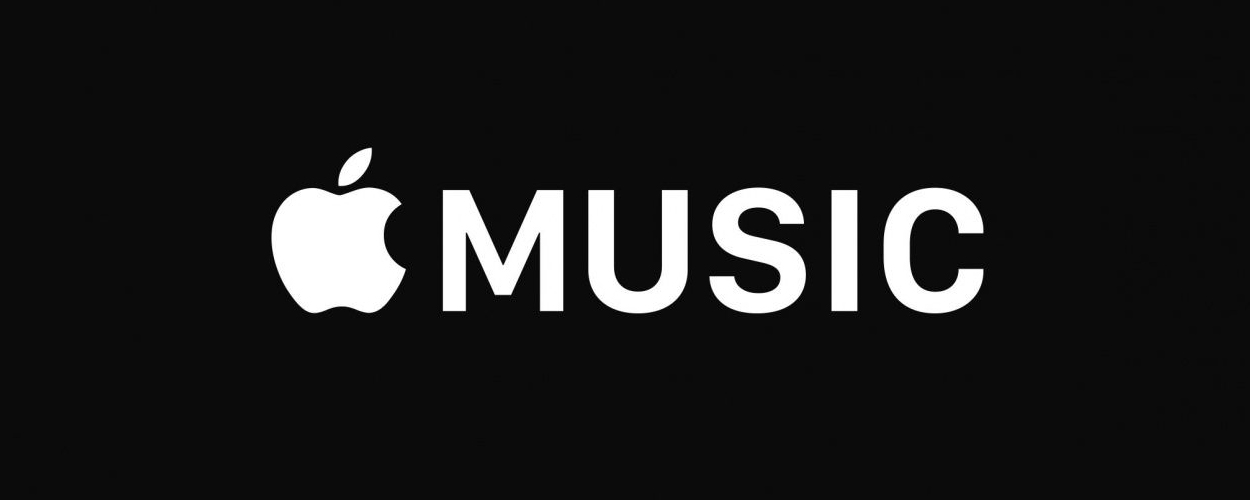This website uses cookies so that we can provide you with the best user experience possible. Cookie information is stored in your browser and performs functions such as recognising you when you return to our website and helping our team to understand which sections of the website you find most interesting and useful.
Business News Digital
Apple warns digital DJs not to upgrade to latest MacOS
By Andy Malt | Published on Wednesday 9 October 2019

There have been a lot of dramatic headlines about Apple’s Mac OS update this week, it being the overhaul that was announced earlier this year in which the tech giant is finally phasing out its bloated iTunes software in favour of three separate apps for music, video and podcasts.
Perhaps the most misleading headline of all was in the Daily Mail which loudly proclaimed that Apple has killed “its music-subscription service after sixteen years”. But while the iTunes download store and the very much not teenage Apple Music subscription service both live on, one group of users of the iTunes software is legitimately in a panic about this week’s changes. Namely, DJs.
Because, while Apple’s new music-specific app still contains the iTunes Store, it is lacking one key feature from the old iTunes software – XML file support. This is what many DJs use to organise their digital music libraries into playlists which they then export into DJing software. And the support for XML by many popular DJ software packages – including Serato, Rekordbox and Traktor – has led many DJs to use iTunes in recent years to manage their music libraries.
All of which means that any DJ who excitedly upgraded to MacOS Catalina earlier this week may now find that they’re unable to do their job. Or at least to work in the way that they are used to. That would be why Apple and DJ software makers are busy recommending that DJs who make use of iTunes’ XML functionality hold off from doing an operating system upgrade for now.
The good news is that all those third-party DJ software set-ups should catch up soon, integrating with the new Music app in other ways. Packages such as Djay and Virtual DJ work fine already, while the latest beta versions of Serato and Traktor offer support for the new Music app. Rekordbox is yet to introduce or announce an update, with parent company Pioneer saying that it will report back to users on its “initial research by the end of October 2019”.
Anyone using Windows or a Mac built before mid-2012 is stuck with iTunes for now anyway – unable to install Apple’s new desktop apps – which may prove a blessing for some.





